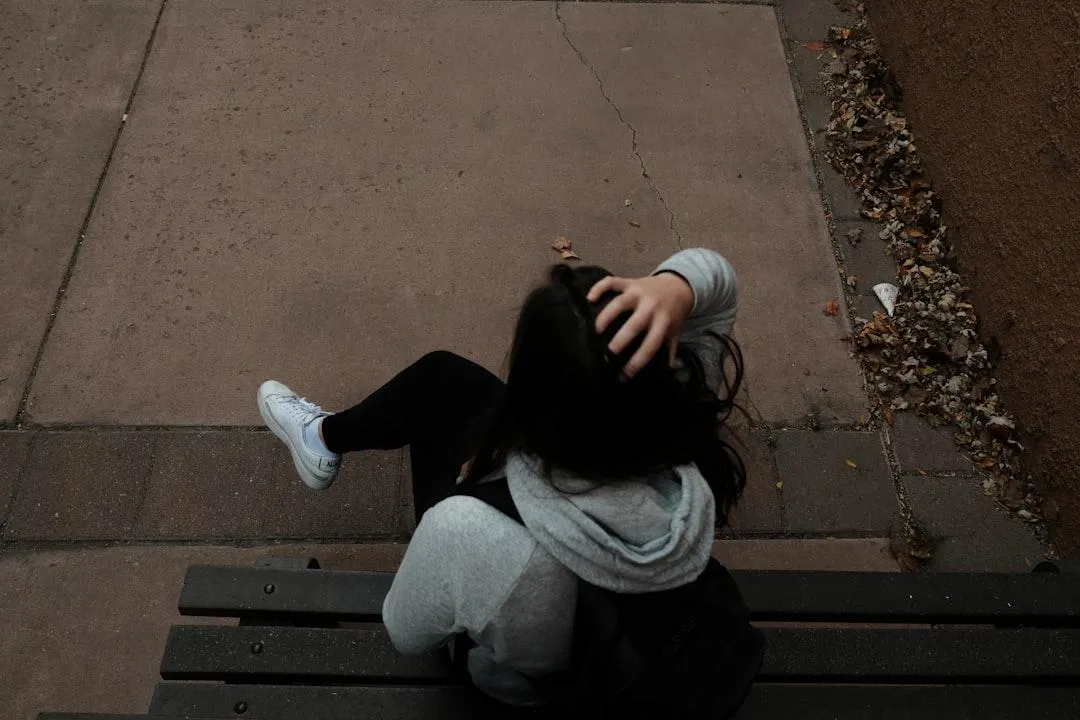
When Words Meant to Comfort Leave You Wounded
When Words Meant to Comfort Leave You Wounded
There are moments in grief that stay with you—not because someone intended to hurt you, but because their words missed the mark so completely, you're left standing there stunned and hollow. Not angry, necessarily. Just... misunderstood. Unseen. Alone.
I call these moments Holy Air Balls.
It’s a phrase that I saw being used in other scenarios on social media. And because it captures what happens when someone says something they believe is supportive or compassionate—but their words completely miss the heart of your experience. You know the ones.
“I don’t know how you do it.”
“I think if I lost my child, I’d die too.”
“You’re so strong. I could never survive something like that.”
They sound like empathy. They’re often meant as awe or respect. But when you’re the one who has lost a child, those words can land like judgment. They can make you feel like your survival means it didn’t hurt as deeply. Like your ability to breathe through the pain somehow makes your love seem smaller.
That’s the part no one says out loud.
These comments can carry an unintended suggestion: If you’re still here, maybe it didn’t destroy you as much as it would’ve destroyed me. We know they don’t mean it that way. But when you’re grieving, when you're already questioning everything, that’s how it can feel.
The truth is—I didn’t survive the way they think I did. Not really. The version of me that existed before my child died? She’s gone. The woman I am now walks with grief as a constant companion. She cries in parking lots and grocery stores. She sometimes forgets appointments. She smiles in one moment and breaks apart in the next. She carries absence every single day.
So when someone says, “I don’t know how you do it,” I want to tell them—I don’t know either. But I do. Not because I’m strong. Not because I’m healed. Not because I’ve moved on. I’m still here because my child matters. Because love didn’t die with them. Because some small part of me believes I can keep living in a way that honors both of us.
That’s what people often miss: Surviving this doesn’t mean it didn’t crush me. It means I’ve found a way to keep carrying my love forward through the crushing.
To those who have said these things—we see your heart. We know you’re trying. We know you want to acknowledge the depth of this pain and the impossibility of it all. You’re not wrong to be heartbroken for us. But you don’t need to tell us you wouldn’t survive. We already feel like we didn’t.
Instead, you can say:
“I’m here.”
“I think of you and your child often.”
“I don’t know what to say, but I’m not going anywhere.”
“You shouldn’t have to be strong—but you are.”
Those words don’t float past us. They land. They connect. They hold us.
To the bereaved parent reading this—if you’ve ever stood in silence after a comment like that, unsure of how to respond, I want you to know: you’re not alone.
Here are some gentle, honest responses you could use when someone drops a Holy Air Ball. These aren't meant to be confrontational. They're designed to protect your heart, preserve the relationship if you want to, and maybe even teach — without doing the emotional labor you're too tired to do.
When someone says: "I don’t know how you do it." You might say:
“I don’t either. Most days, I’m just putting one foot in front of the other.”
“I’m not really doing it. I’m surviving it.”
“It’s not something you figure out. It’s just something you live through.”
When they say: "If that happened to me, I think I’d die too." You might respond:
“A part of me did.”
“I thought that too. And some days, it still feels that way.”
“It feels like that inside, even if it doesn’t look like it on the outside.”
When they say: "You’re so strong. I could never survive this." You could reply:
“I’m not strong. I’m just here taking it day by day.”
“I don’t feel strong. I feel like someone who didn’t have a choice.”
“Surviving doesn’t mean it didn’t break me.”
When they say: "Everything happens for a reason." Possible responses could be (and try not to throat punch them):
“Some things just shouldn’t happen.”
“I can’t imagine any reason that would make this okay.”
“Even if that’s true, it doesn’t make it hurt less.”
And when you don’t have the words, you can always say:
“I don’t really have the energy to explain, but I appreciate that you’re trying to be here.”
“That’s hard for me to hear. I know you mean well.”
“It’s complicated. I’m still figuring out how to talk about it.”
These responses are short, real, and protective — like tiny boundary builders in uncomfortable moments. You are not less brave because you’re still here. You’re not less loving because you survived. You are already doing the impossible. You are already BRAVE. You are already honoring your child in the way you live, breathe, speak, cry, rest, and show up again and again.
That’s why we created this community and our programs like BRAVE Moves. Not to push you out of grief or distract you from your pain. But to give you a space where you don’t have to carry it all alone. Where you can move with it. Where you can say: I’m still grieving. I’m still living. And that matters.
No holy air balls here. Just presence. Love. And BRAVE hearts, together.